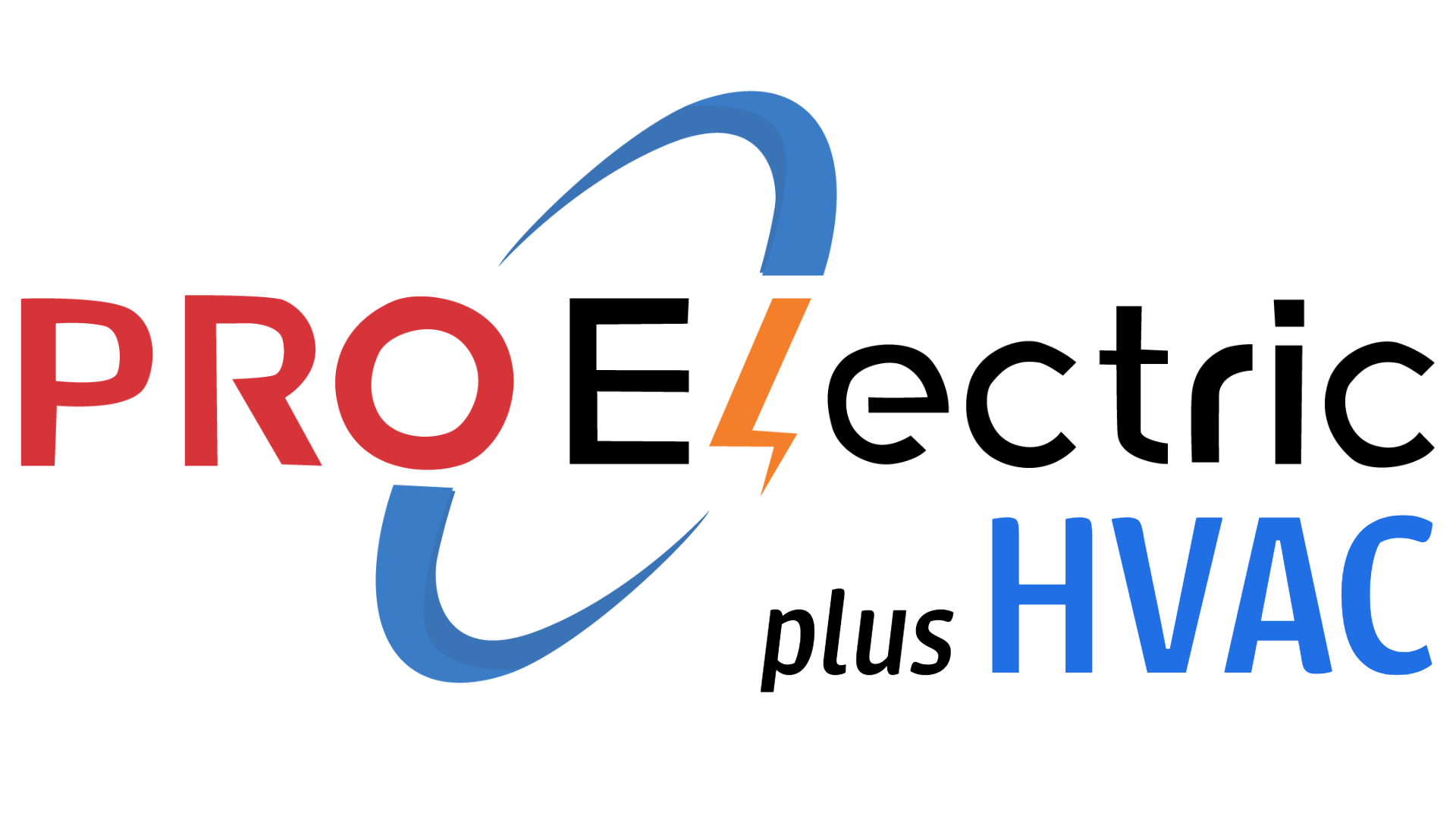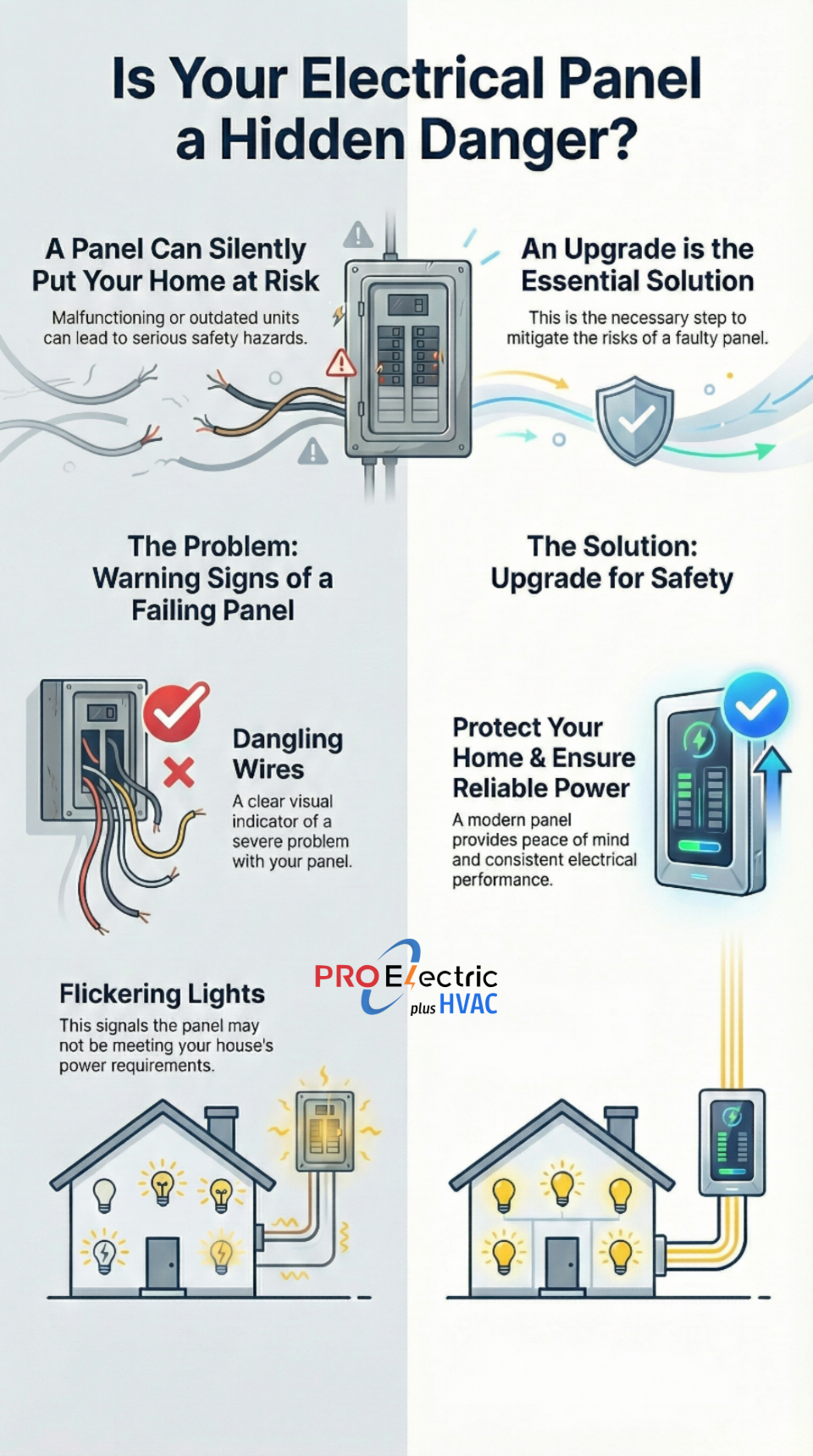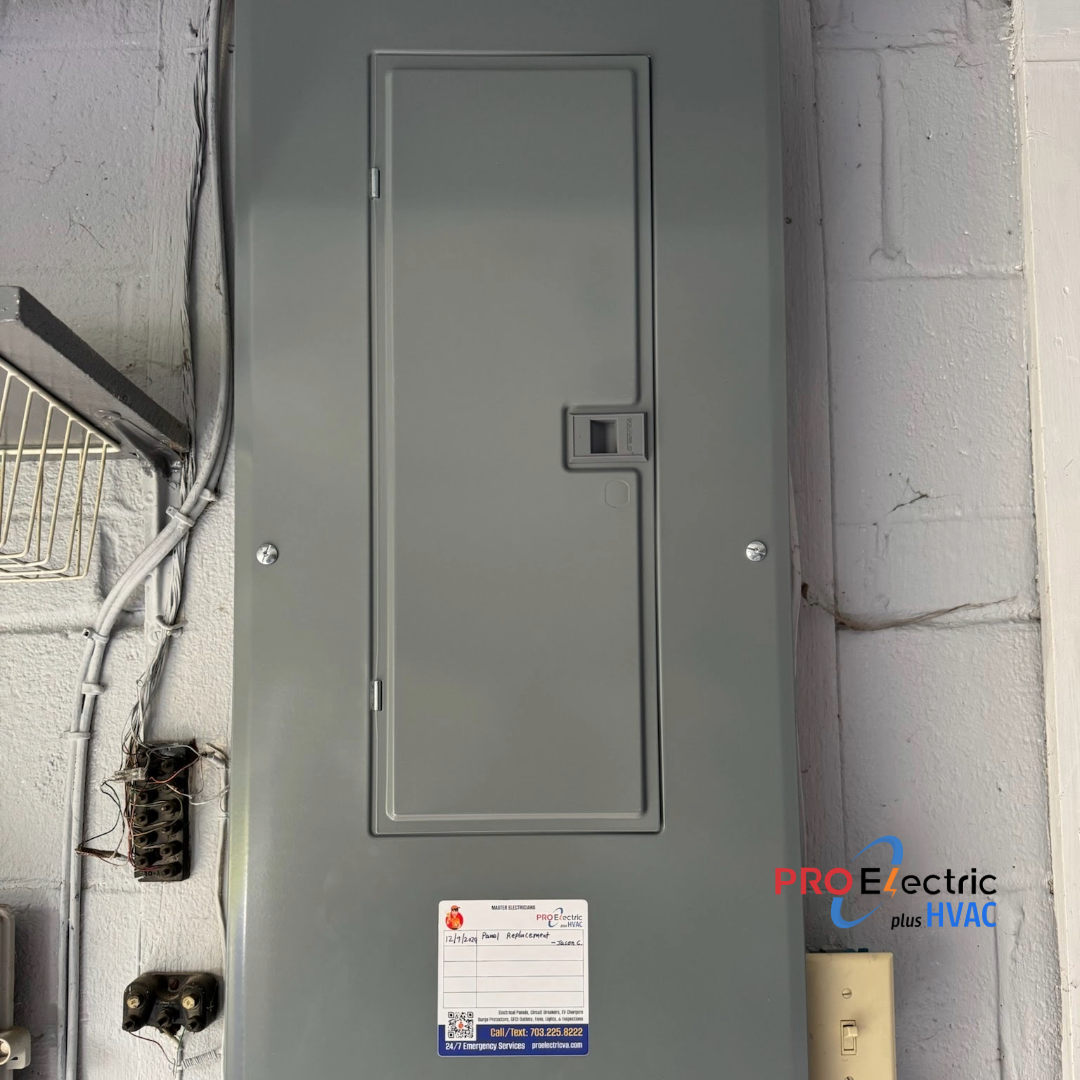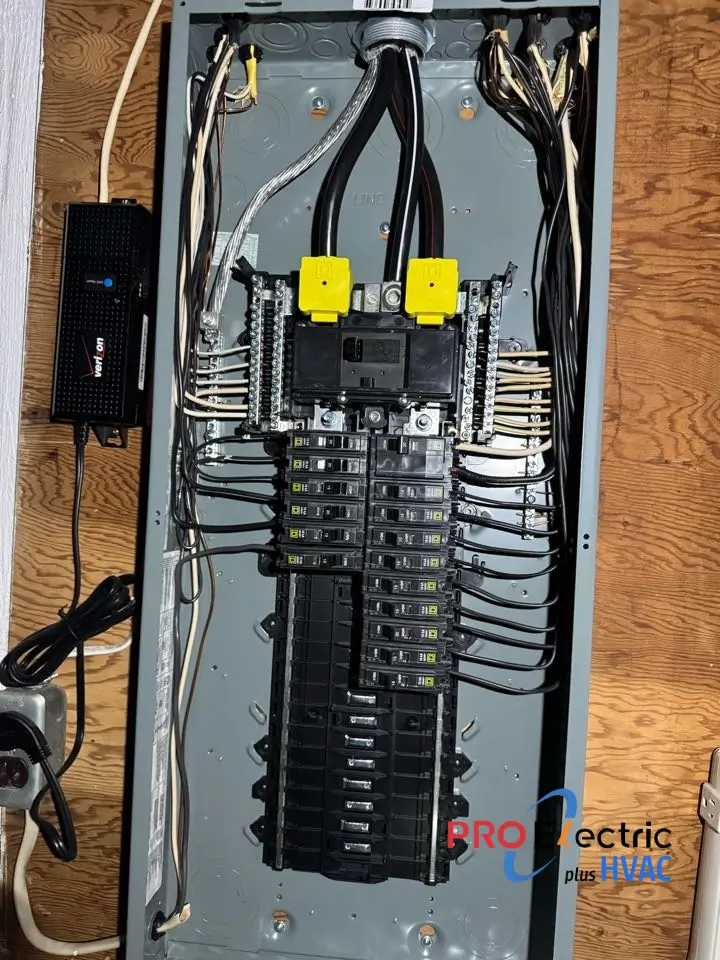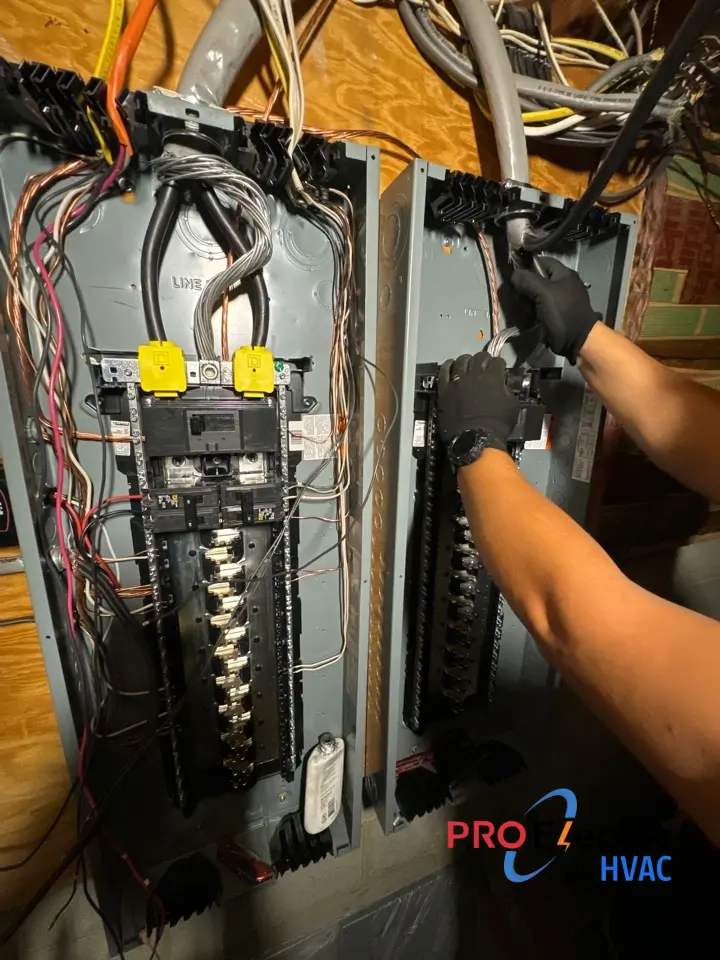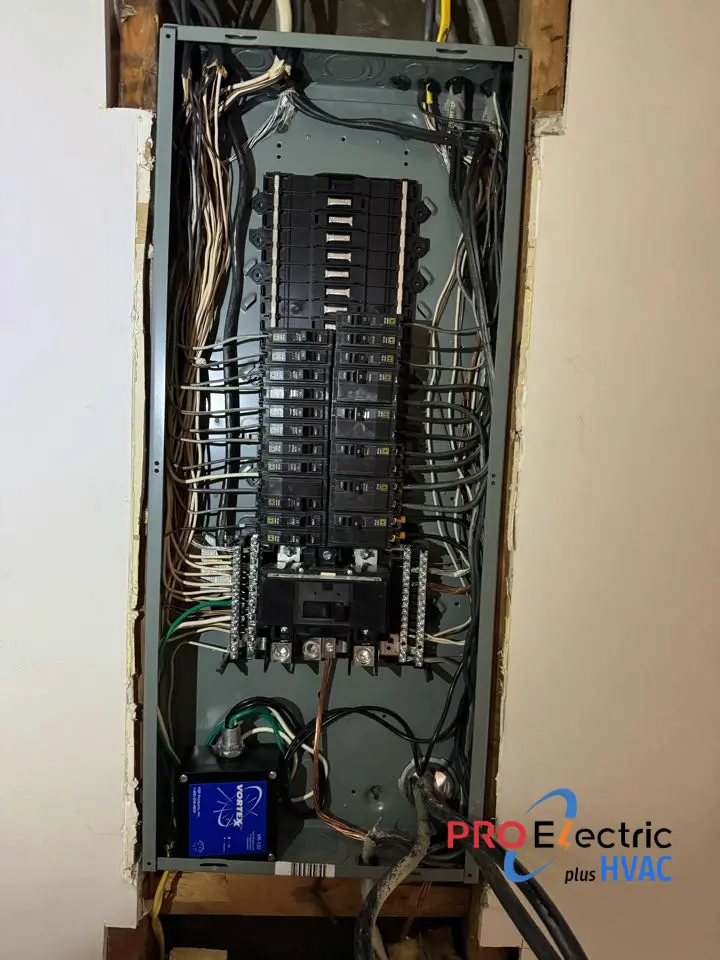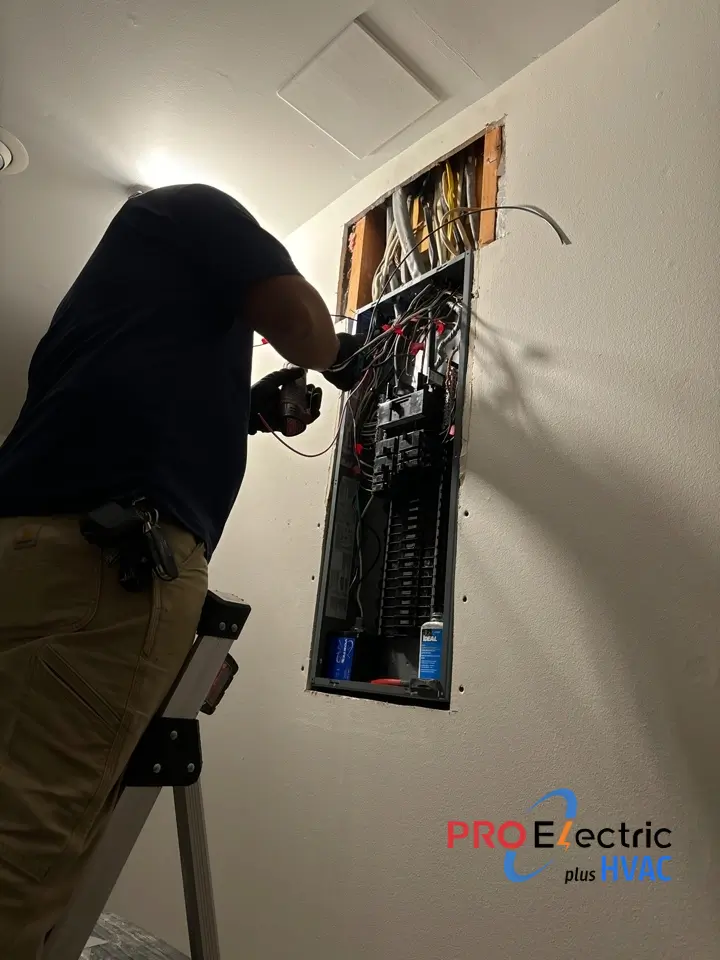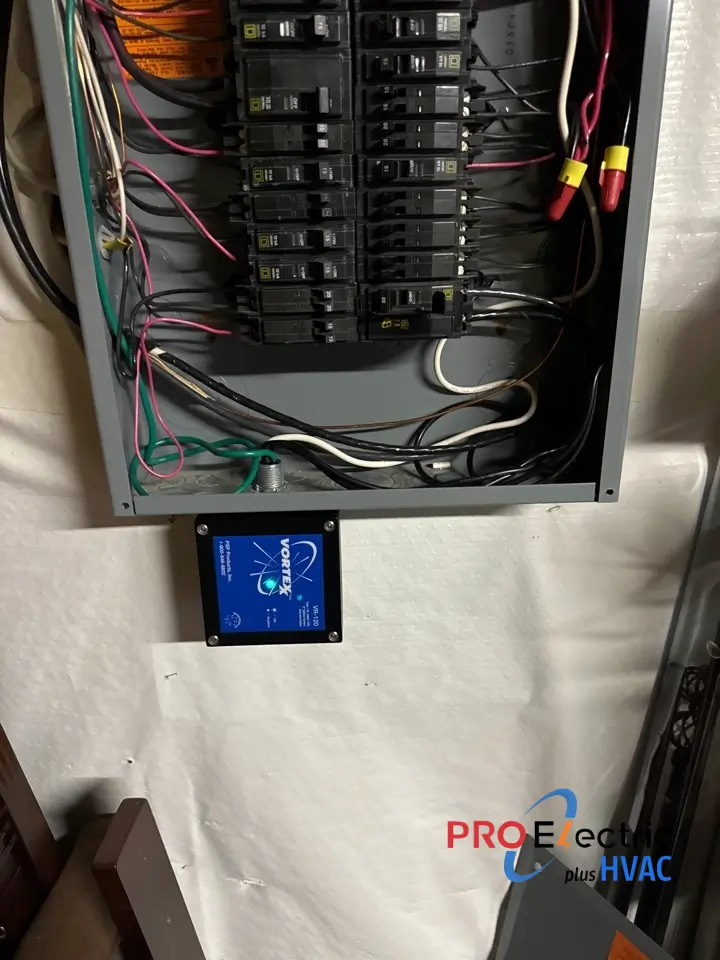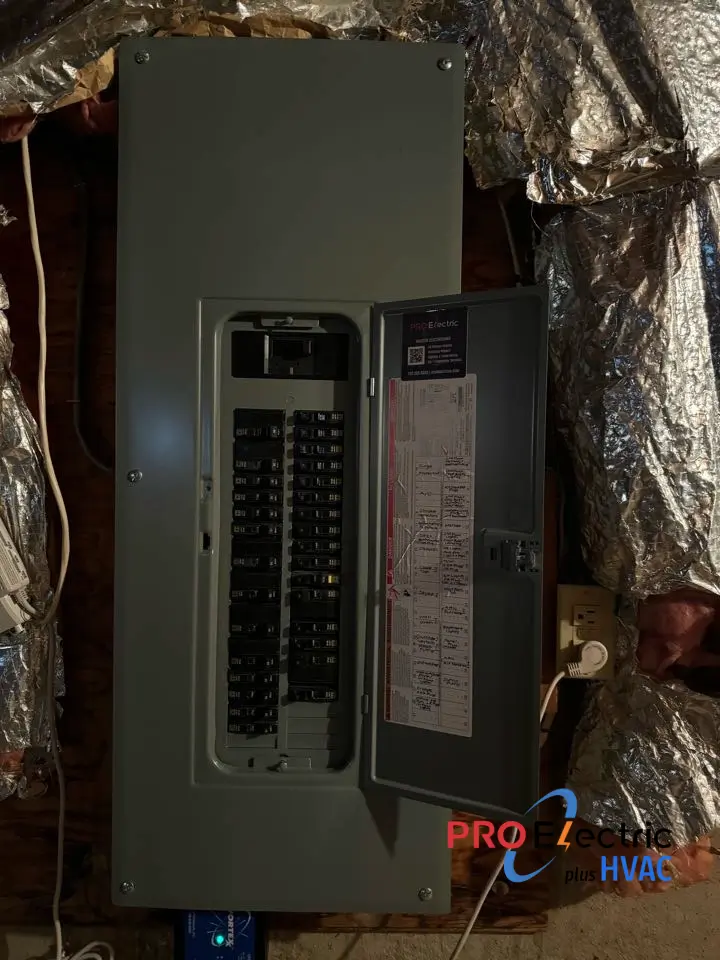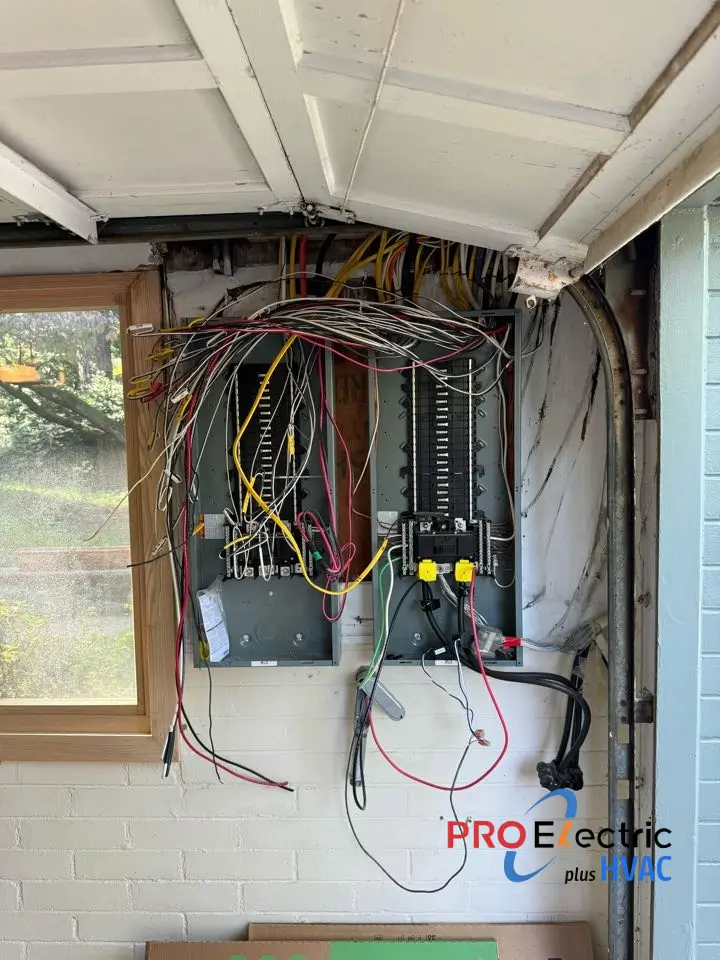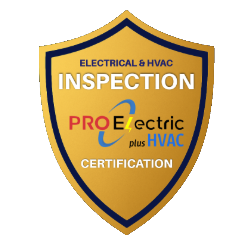CERTIFIED & LICENSED ELECTRICIANS Electrical Panel
Repair & Upgrade
WE TAKE EXTREME PRIDE IN OUR ELECTRICAL PANEL INSTALLATIONS!Testimonials
TOP 20 QUESTIONS & ANSWERSElectrical Panel FAQS
What does an electrical panel do?
Your electrical panel distributes power throughout your home and protects circuits from overload by shutting off power when there’s a problem.
How do I know if my electrical panel needs repair or replacement?
Common warning signs include flickering lights, tripping breakers, a burning smell, buzzing sounds, or outlets that stop working.
How long does an electrical panel last?
Most panels last between 25 and 40 years, depending on use, environment, and maintenance. If yours is older, it’s time for an inspection.
Can a bad electrical panel cause power outages or fires?
Yes. Faulty breakers or corroded wiring can overheat and cause fires or sudden power loss.
What are the benefits of upgrading my electrical panel?
Upgrading improves safety, provides more power for new appliances or EV chargers, reduces fire risk, and brings your home up to current electrical codes.
When should I consider an electrical panel upgrade?
You should upgrade if your panel is over 25 years old, you’re adding heavy electrical loads, or if your breakers frequently trip.
What size electrical panel do I need?
Most modern homes need at least 200 amps. Larger homes or homes with EV chargers, pools, or HVAC systems may require 300–400 amps.
What brands of electrical panels are unsafe?
Federal Pacific (FPE) and Zinsco panels are known to fail under overload and pose fire hazards. These should be replaced immediately.
How much does it cost to replace or upgrade an electrical panel?
Panel replacements typically range from $3,500 to $15,000 or more, depending on size, location, and wiring conditions.
Can I repair my electrical panel myself?
No. Panels contain live power that can cause electrocution. Repairs and upgrades must be done by a licensed electrician like PRO Electric plus HVAC.
Do I need a permit to replace my electrical panel?
Yes. Electrical panel work always requires a permit and inspection to ensure it meets Virginia safety codes.
Can an old panel handle modern appliances or EV chargers?
Probably not. Most older panels weren’t built for today’s high-demand devices. Upgrading ensures safe, efficient power distribution.
What causes breakers to trip so often?
Tripping happens when circuits are overloaded or there’s a short circuit. If it happens repeatedly, your panel may need repair or replacement.
Is it normal for my electrical panel to feel warm?
No. Panels or breakers that feel hot could indicate an overload, damaged wiring, or failing breakers. Call PRO Electric plus HVAC immediately.
Can I add more circuits to my existing panel?
If your panel has room and capacity, yes. Otherwise, you may need a subpanel or full upgrade to safely add new circuits.
How long does a panel replacement take?
Most panel upgrades can be completed in one day, including testing and inspection.
Will I lose power during the replacement?
Yes, power will be shut off for several hours during installation, but we’ll restore it as soon as work is complete.
Do I need to replace my panel if I’m remodeling?
If your remodel adds new electrical loads, yes. It ensures your upgraded home meets code and runs safely.
What’s the difference between a fuse box and a breaker panel?
Fuse boxes use fuses that melt during overloads, while modern panels use resettable breakers. Fuse boxes are outdated and should be upgraded.
Why choose PRO Electric plus HVAC for electrical panel upgrades?
Our licensed electricians have a 100% permit and inspection success rate, offer 10-year warranties, and specialize in safe, code-compliant panel replacements across Fairfax, Loudoun, Arlington, and Prince George’s Counties.
Electrical repairs
Electrical maintenance
Electrical panel upgrades
Wiring installations and repairs
Lighting installations and repairs
Outlet installations and repairs
Electrical system inspections
Outdoor Lighting
Electrical code compliance inspections
Surge protection installations
Smoke detector installations
Ceiling fan installations
Circuit breaker replacements
GFCI installations
Electrical system upgrades
Electrical remodeling services
Electrical system troubleshooting
Electrical system design and engineering
24/7 emergency electrical services
Power Restoration
Electric Car Charger Installation
Electrical Outlet Installation & Repair
SAME DAY QUOTESSchedule Now: Electrical Panel Estimate
Recent Jobs and Reviews in Falls Church, VA
Reviews
Good as always
We have been using Pro Electric several times already. Everyone on the team is nice and got job done without hiccups. Highly recommended.
– Falls Church, VA 22043
Great
– Falls Church, VA 22042
Job Locations
![]()
Replace faulty 4 way switches
Falls Church, VA 22043
![]()
Replace faulty furnace blower motor
Falls Church, VA 22046
![]()
Whole house surge protector installed
Falls Church, VA 22043
